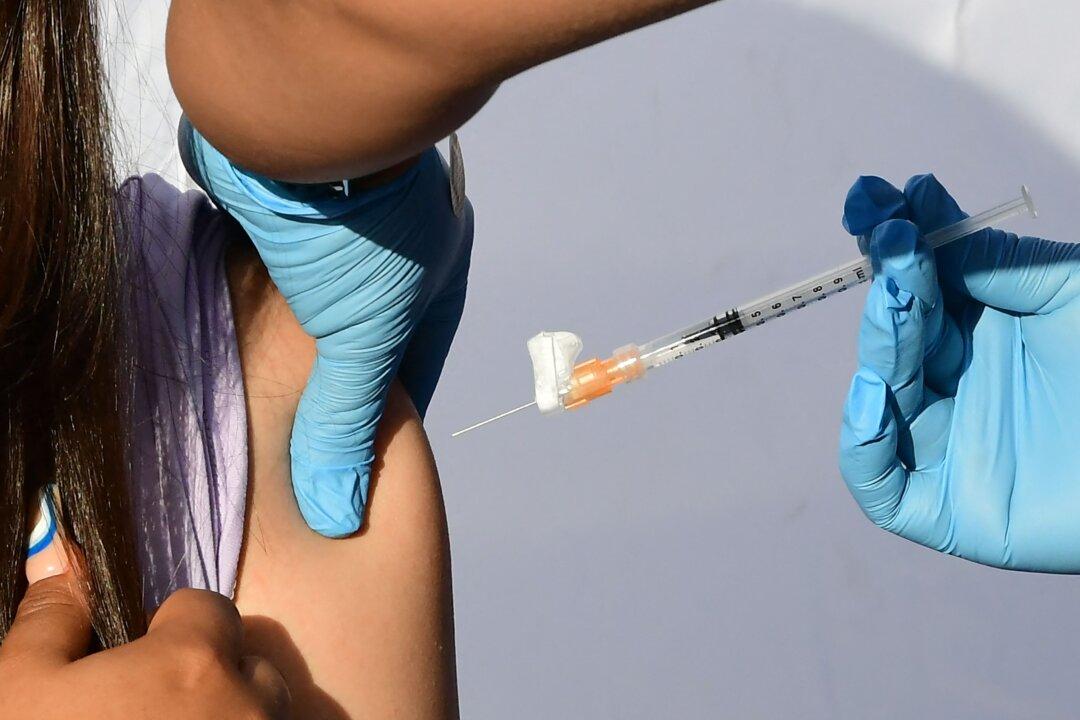A broad federal law imposed under President George W. Bush shields a clinic that gave a child a COVID-19 vaccine without parental consent, according to a recent ruling.
The Old North State Medical Society, whose workers injected the boy, is covered by the Public Readiness and Emergency Preparedness Act, the North Carolina Court of Appeals said on March 5.





